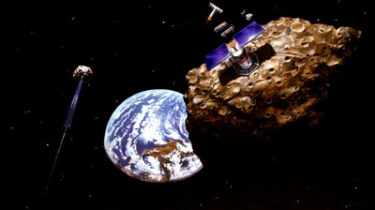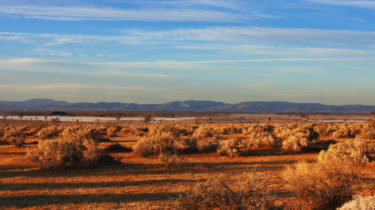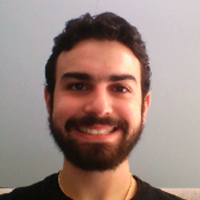Space Mining: Ethical Issues and Some Possible Solutions
Stephanie Meursing shares her ethics & society case study, which she completed as part of our Young Scientist Program. Earth, the planet we have known for so long. The planet which fuels our every need. But with population increasing, with a prediction to be around 10 billion people by 2050, can the Earth sustain our needs? Many individuals think not. This fear has caused a boom of companies that can lead humankind into a new revolution. Companies such as Shackleton Energy […]
Read more




